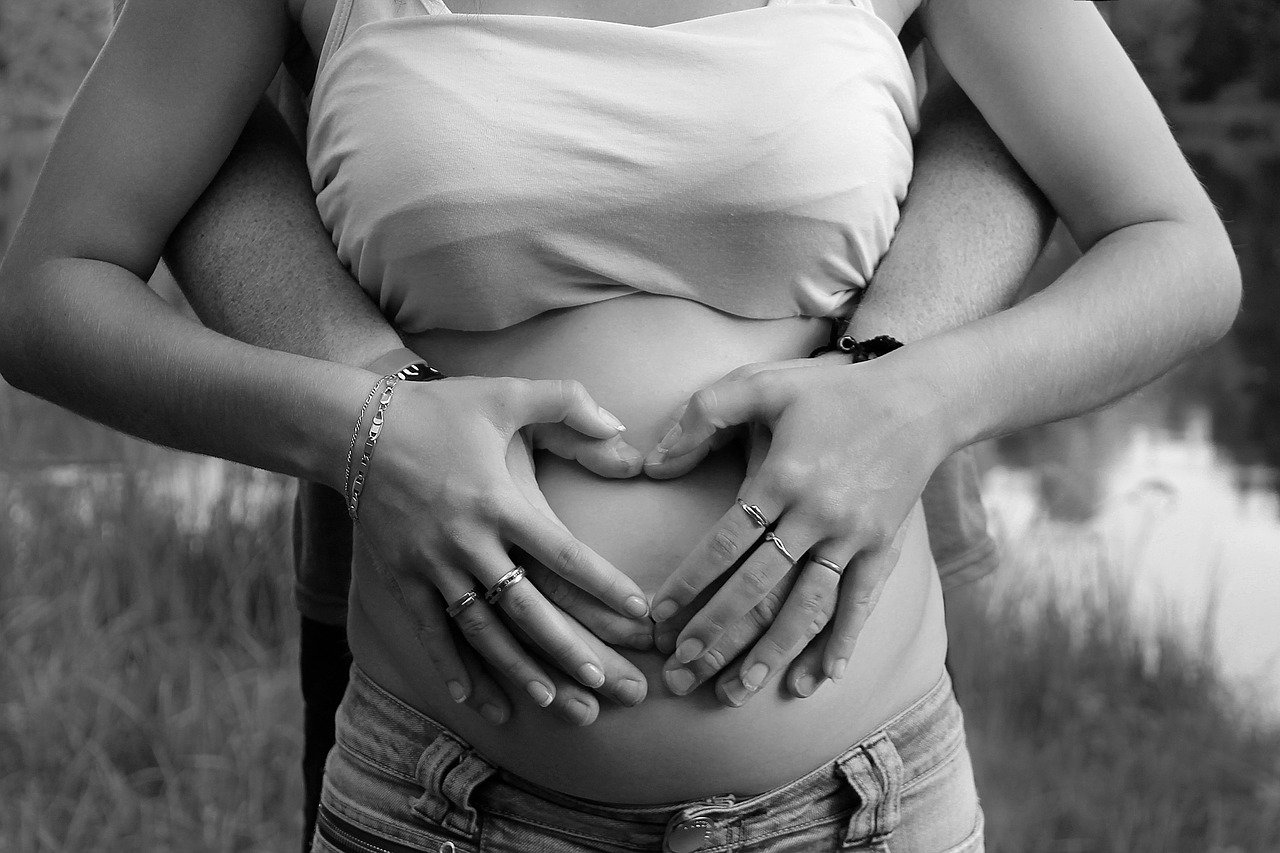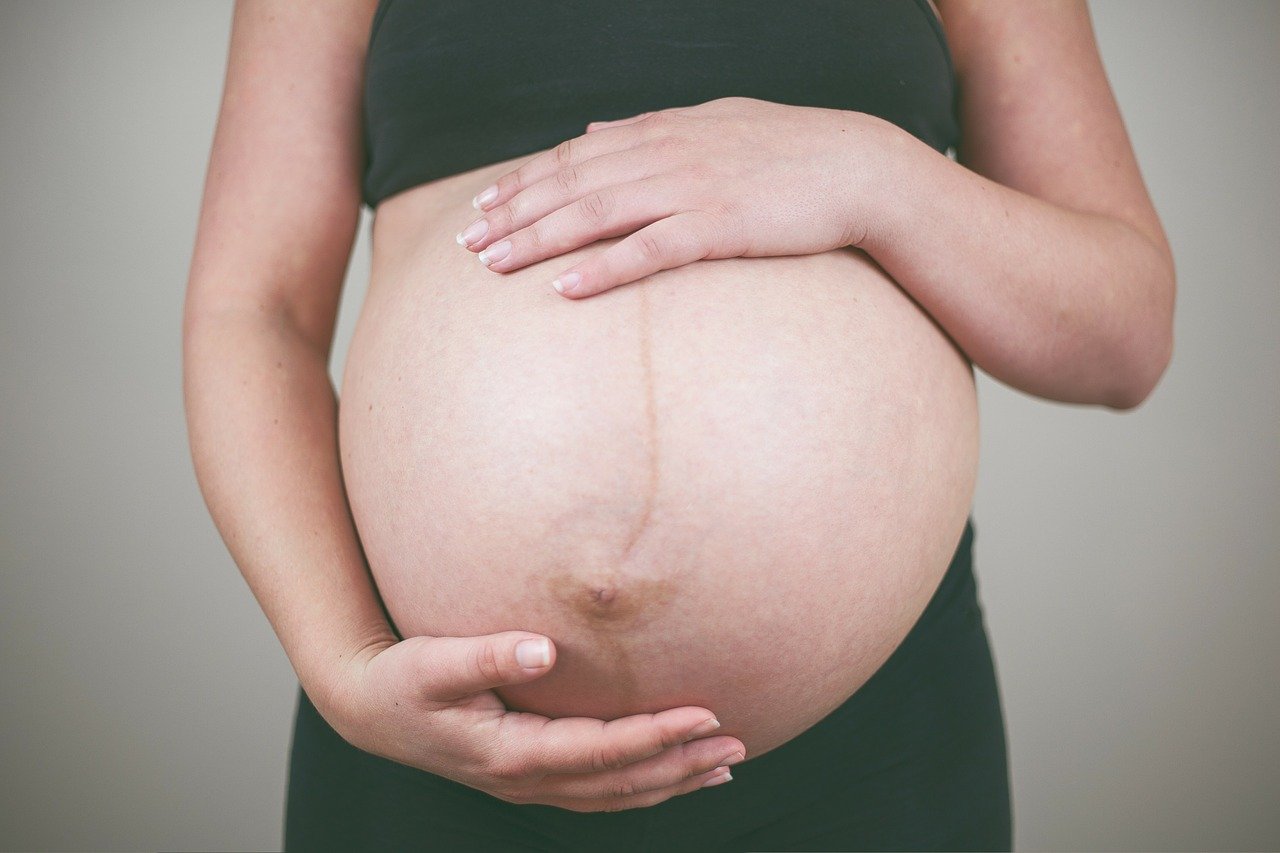At three months pregnant, the second trimester is very close. The fetus is now approximately two inches from a rump to the crown. Most of the pregnancy symptoms experienced earlier begin to subside.
Some symptoms may still be present but new ones are also beginning to develop. Those symptoms that crop in can be very challenging. Luckily, it is not a given that you will experience them and at the same time, they are manageable.
In this article, we’re going to cover 6 different things to expect when you’re nearing the end of your first trimester. Hopefully, this will help to mentally prepare you so that you don’t begin to worry unnecessarily when changes occur. Read on to learn more.

Increase in Vaginal Discharge
A combination of increased blood supply and pregnancy hormones leads to more vaginal discharge than normal. It is good practice to check the color and smell of the discharge.
If it is clear or whitish with no smell, that is something you should not worry about. If a more offensive smell or color is present, it is important to get it checked as soon as possible as this can indicate a possible infection.
Wear breathable clothes and cotton underwear to avoid vaginal infections. In case you are not sure about something, consult your physician or midwife.
Fatigue
As your body continues to nourish the fetus, a constant feeling of sleepiness and little to no energy may continue. The body will be feeling tired most of the time. Sleeping or sitting for long hours cannot solve this.
Rest is important, yes, but some light exercise will go a long way in making you feel more energized. Walking, swimming, and prenatal yoga are good choices. Before trying any of these exercises, consult with a health provider to avoid complications.
As well as exercise, eat a nutritious diet and stay hydrated by drinking plenty of water. This will not only make you feel a lot better, it will improve sleeping habits and create an optimal environment for the baby to grow and thrive.
Nausea
When the third month sets in, morning sickness begins to subside. This is usually great news for many expectant mothers.
If you are unlucky and still feeling queasy, try eating bananas, toast, and other bland foods. You can also use ginger ale or tea to soothe your stomach.
Skin Changes
During the third month, melanin production increases. This is easily noticed around the nipples. Another common sign of extra melanin is brown patches, also known as pigmentation on the face.
A dark vertical line running from the belly button down to the public hair may become very visible for some expecting mothers. The line starts to show at around three months since the belly is now increasing in size. This discoloration fades away some weeks after birth.

Breasts Changes
Apart from the nipples changing in color, the entire breast size may increase. Your areolas grow darker and larger and the nipples protrude a little more.
The additional fat on your breasts is helping to get the milk glands ready for the task ahead. When bras become too tight, go shopping for a larger size to avoid any extra pressure. Make sure you are comfortable with the size of the bra you wear. If they are simply too uncomfortable, avoid bras completely.
Constipation
Pregnancy hormones can slow down the digestive system. This causes constipation even after taking roughages. Extra iron in prenatal vitamins is responsible for this condition.
Stay hydrated at all times and get more fiber intake. Vegetables, whole grains, and fruits are rich sources of fiber.
What to Note
When nausea subsides, your appetite will increase. It is recommended to add about 300 daily calories to your diet instead of “eating for two”. Weight loss is common during the first months of pregnancy due to morning sickness, but once that settles down your body will be in fat storage mode.
To understand how much weight you need to put on, consult your health provider. The weight you need to gain depends on your current weight and height. Not putting on enough weight during pregnancy can lead to other problems, so it is important to get an accurate recommendation.







